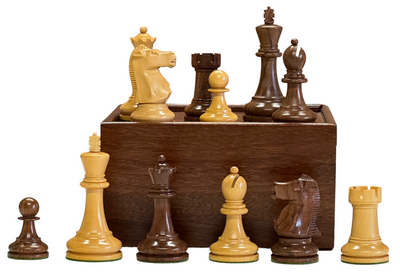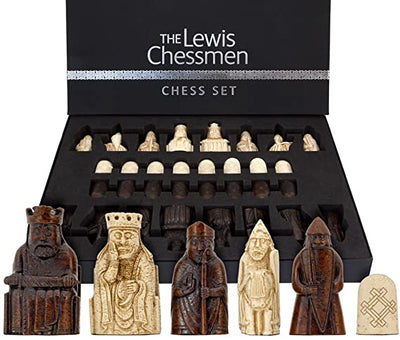Are Men better than Women at Chess?
The question of whether men are better at chess than women has been a subject of debate for many years. There have been numerous studies and competitions that have attempted to determine whether there is a significant difference in the chess abilities of men and women.
Before delving into the evidence, it is important to note that the ability to play chess is a complex combination of factors, including intelligence, strategic thinking, memory, and experience. There is no evidence to suggest that either gender has a inherent advantage in these areas.

In terms of actual performance in chess, there have been several studies that have compared the performance of men and women in chess tournaments. One such study, conducted by the World Chess Federation (FIDE), analysed the results of over 100,000 games played in official tournaments between 2010 and 2014. The study found that men and women performed equally well, with a slight advantage going to men. However, the margin of difference was very small, and it is important to note that this study only looked at official tournaments and may not reflect the performance of men and women in casual games or other settings.
Another study, conducted by the University of Edinburgh, found that women were actually more likely to win in chess matches against men of equal skill level. The study analysed the results of over 1 million games played between men and women, and found that women had a slightly higher win rate than men.
It is worth noting, however, that these studies have also shown that there are still significant gender disparities in the world of chess. Women are significantly underrepresented in top-level chess tournaments, and there are far fewer women who reach the highest levels of the game.
One reason for this disparity is that women often face additional barriers to entry in the world of chess. For example, women may be discouraged from pursuing careers in chess due to societal expectations and gender stereotypes. Additionally, there may be a lack of support and resources available to women who wish to become professional chess players.

Despite these obstacles, there have been many women who have made significant contributions to the world of chess. For example, Hou Yifan, the youngest woman ever to earn the title of Grandmaster, has been a dominant force in women's chess for many years.
Another factor to consider is that men and women may approach chess differently. Some studies have suggested that women tend to focus more on strategy and long-term planning, while men may be more focused on tactical moves and short-term gains. However, these differences are not necessarily due to gender, but may instead reflect differences in individual personality and playing style.
Ultimately, the question of whether men are better at chess than women is a complex one, and there is no definitive answer. While there are some differences in performance and approach between men and women, these differences are not necessarily due to gender, and may be influenced by a variety of other factors, such as cultural expectations, life experiences, and individual abilities.
In conclusion, the available evidence does not support the notion that men are inherently better at chess than women. While there are some disparities in performance and representation in the world of chess, these differences are not necessarily due to gender, and may be influenced by a variety of other factors. Ultimately, the ability to play chess is determined by a complex combination of factors, including intelligence, strategy, memory, and experience, and these abilities are not dependent on gender.







